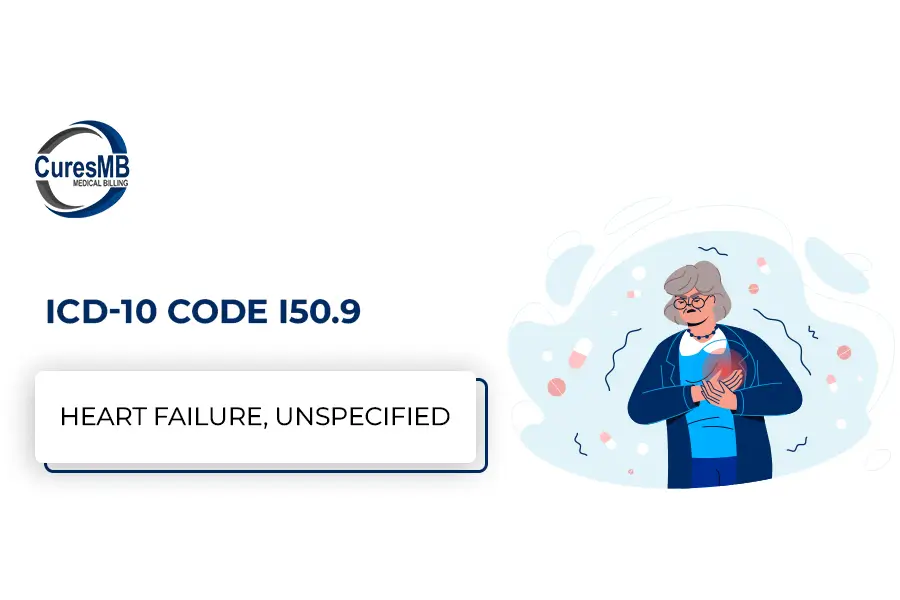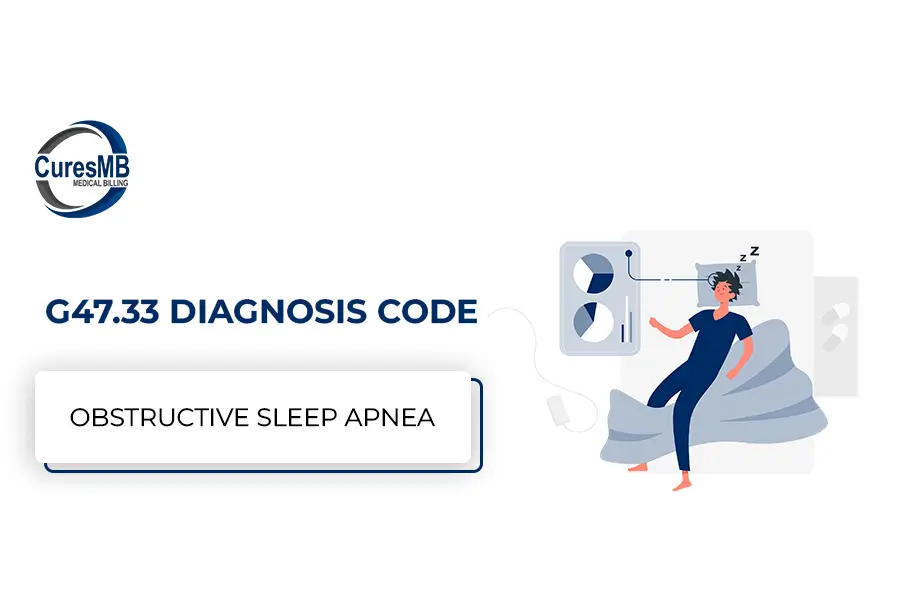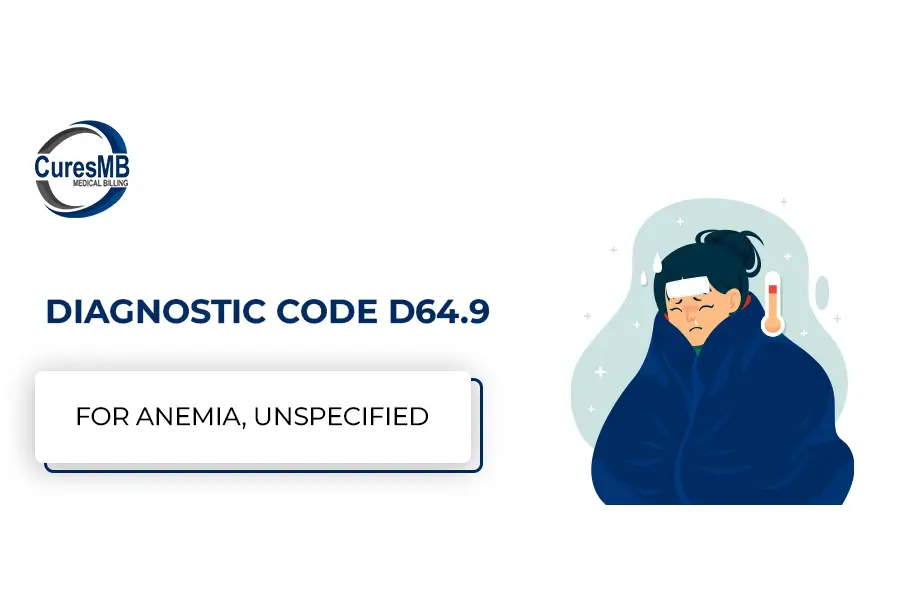

CPT code 96372 is used for billing when a healthcare provider administers a therapeutic, preventive, or diagnostic injection directly into a muscle (IM) or beneath the skin (subcutaneous route). This service is typically provided in a clinical setting, such as a physician’s office, hospital outpatient department, or urgent care facility.
This code is commonly used when a patient receives an injection such as:
According to the American Medical Association (AMA), the full description for CPT code 96372 is:
It is important to note that the substance or drug injected is not included in this code and must be billed separately using the appropriate NDC code (National Drug Code).
When billing CPT 96372 with other services, appropriate modifiers may be required to avoid denials:
Example:
If a patient receives an injection during a routine check-up, bill 96372 with modifier 25 on the E/M code to show that both services were necessary.
Reimbursement for CPT 96372 depends on the payer, region, and whether the service is part of a bundled payment model. On average:
Always verify with the 96372 CPT code fee schedule specific to your location or payer.
Under Medicare guidelines, CPT 96372 is reimbursable when:
Medicare does not cover 96372 if the injection could be self-administered by the patient at home, unless documented.
Use modifier 59 with 96372 when the injection is provided separately from another procedure (e.g., during a wound treatment session). This modifier prevents claim bundling and increases the chance of reimbursement approval.
Our goal is to streamline your healthcare revenue cycle management, give you the financial freedom your practice deserves, and take control with a partner specializing in provider RCM optimization and services excellence.



Access essential company data with a simple click through the 'Download Company Info' feature.
As of 2024, here are the estimated values:
To get exact rates, refer to your local Medicare Administrative Contractor (MAC) or check the CMS Physician Fee Schedule database.
Drugs administered under CPT 96372 must be reported separately using their NDC code. Always:
When submitting the claim, make sure to specify the type of medication or substance injected, along with the correct administration route.
Per CMS (Centers for Medicare & Medicaid Services) regulations, claims should include both the HCPCS drug code and CPT 96372 to ensure proper reimbursement.
Frequency depends on the medical necessity and payer policy. For example:
Avoid medical billing multiple units unless the same code is medically justified and documented for separate injections.
CPT code 96372 plays a key role in medical billing for injections. By understanding its use, modifiers, Medicare rules, and documentation requirements, providers can ensure timely reimbursements and compliance with payer policies.
Whether you’re billing for a routine antibiotic shot or a therapeutic injection during a scheduled visit, accurate coding and documentation make all the difference.
CPT Code 96372 is reported when a healthcare professional gives a therapeutic, preventive, or diagnostic injection either into a muscle (intramuscular) or beneath the skin (subcutaneous).It’s not for vaccines or IV infusions, it’s typically used for things like B12 shots, hormone injections, or antibiotics given in a clinic or office.
Yes, you can, but only if the injection is different from the reason for the visit. In that case, you’d add Modifier -25 to your E/M (evaluation and management) code to show it was a distinct service. Just make sure the chart notes clearly support both services.
To bill CPT 96372 properly, you need to document:
Clear notes are your best defense against denials or audits.
Yes, it’s widely reimbursed, including by Medicare and most private payers, but reimbursement varies. Medicare generally pays around $13–$17, depending on the region. But keep in mind: if your documentation isn’t strong—or if it overlaps with other services without proper modifiers, it might get denied.
Yes, licensed nurses or medical assistants can give the injection, as long as they’re operating under a provider’s order and within their scope of practice. But the billing is under the supervising provider’s NPI, and the provider must be on-site and available during administration.
In our experience with billing reviews, 96372 often gets denied because:
Documentation is too vague (e.g., “injection given” isn’t enough)
To avoid this, tie the injection to a specific diagnosis, use correct modifiers, and include full clinical documentation. A good billing partner can make this easier.
Discover Cures Medical Billing Services Across Different States
FL
NY
ML
CO
NJ
AZ
TX
CA
WA
We are a team of national medical billing service experts based in Astoria, NY, committed to providing ongoing value to our customers. We leverage technology and implement best practices to provide high-quality and cost-efficient medical billing solutions from domestic locations, enabling customers to achieve their business goals. Cures Medical Billing is the best option for any medical billing needs.
Medical billing around Astoria, NY, and beyond is our core competency and our specialists will efficiently manage all your billing needs. Our medical billing specialists have over 12 Plus years of experience with all security technologies to ensure data integrity for our customers. Using our medical billing service, anyone can make their medical billing task less resource-consuming.
Discover unparalleled efficiency and precision in healthcare financial management with Cures Medical Billing Solutions.



This site uses cookies. Read our Privacy Policy